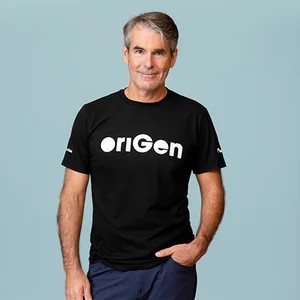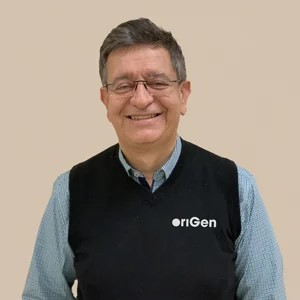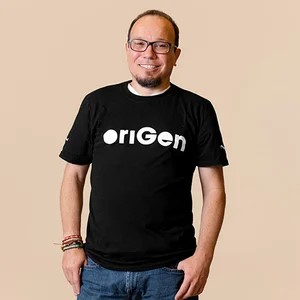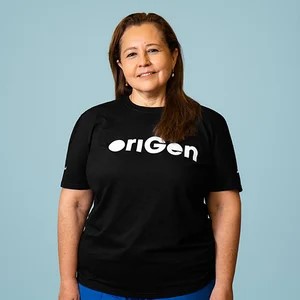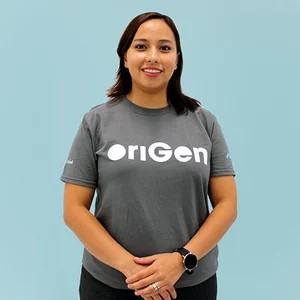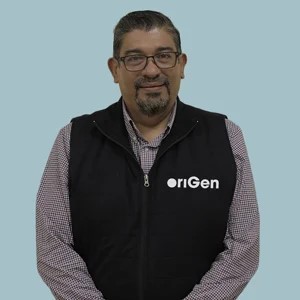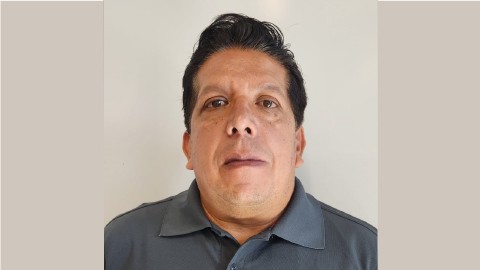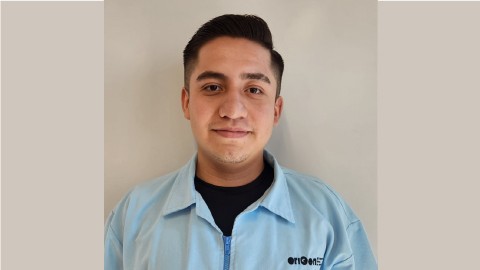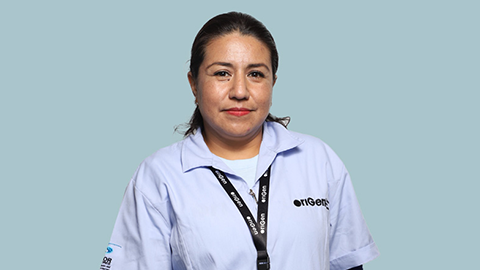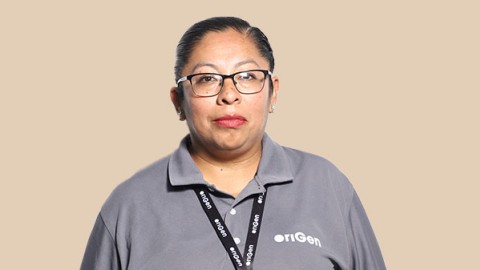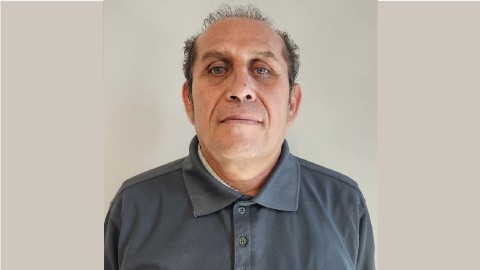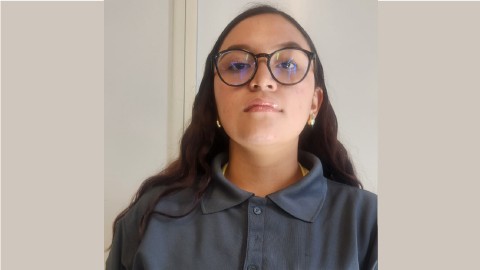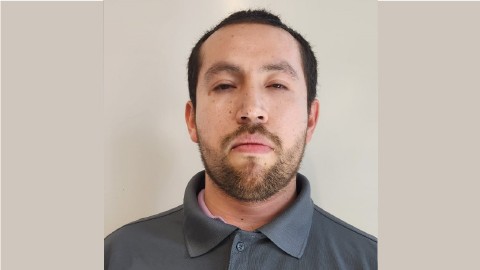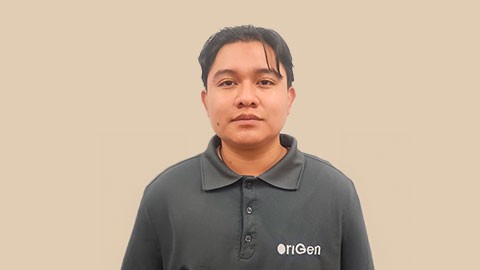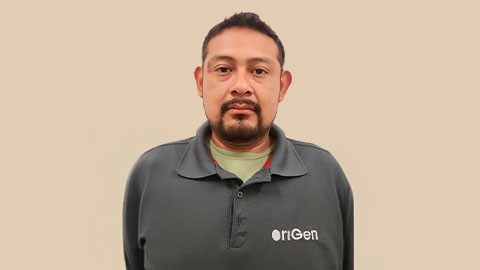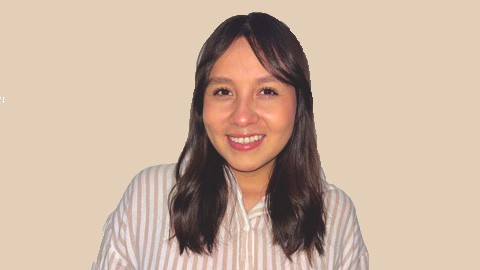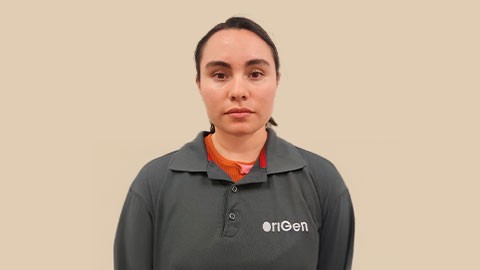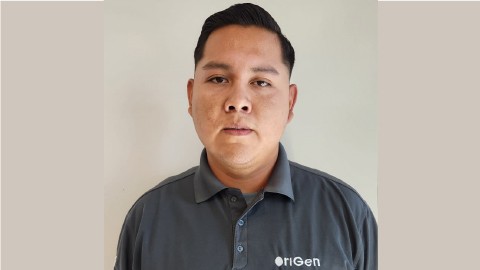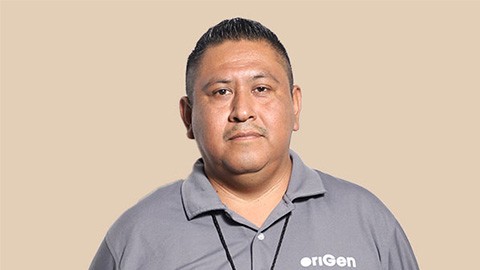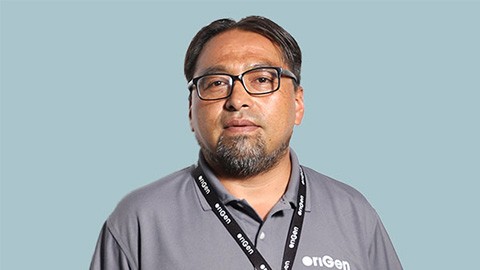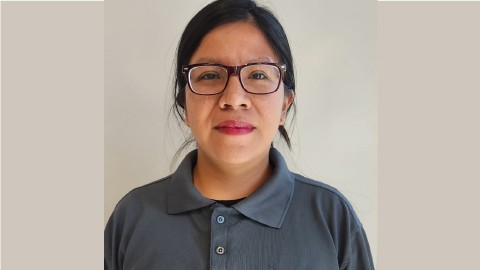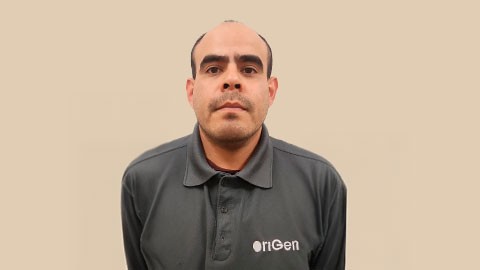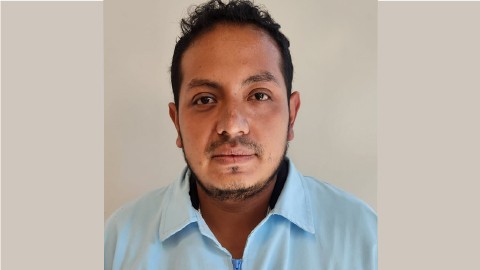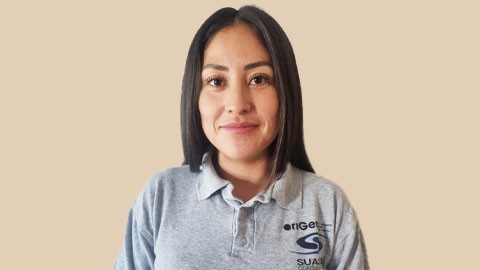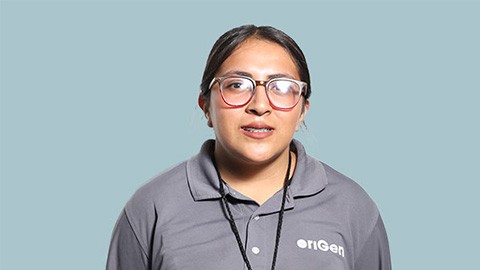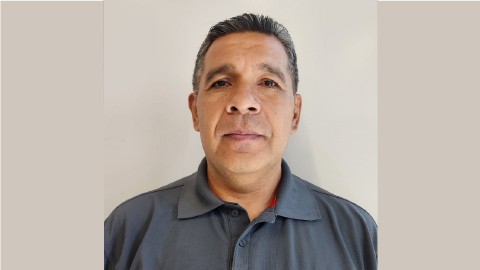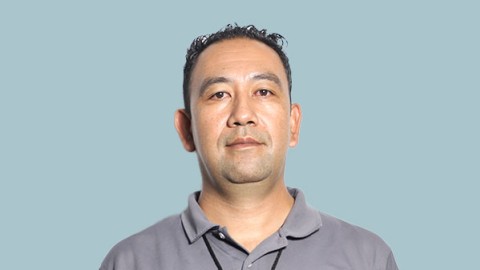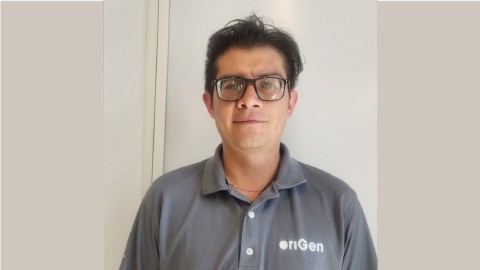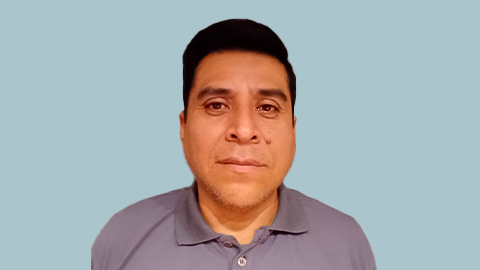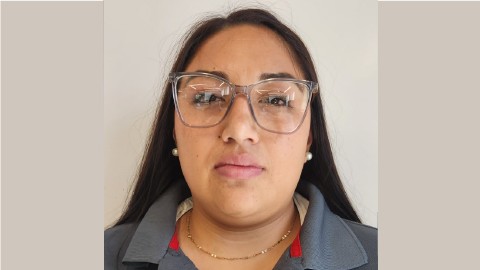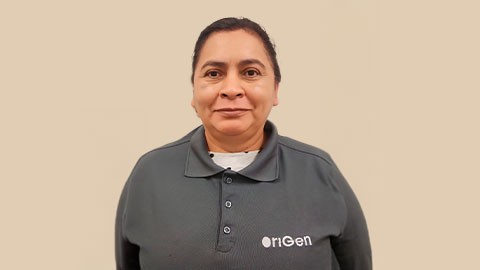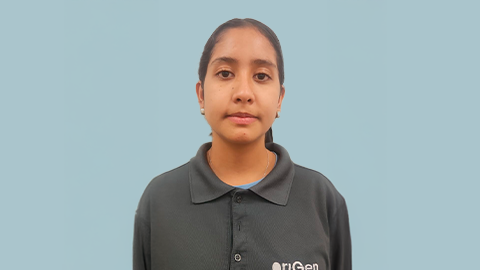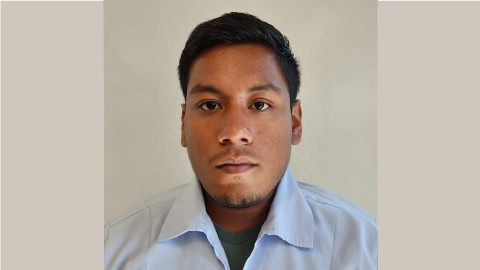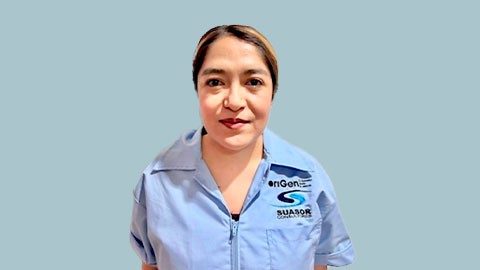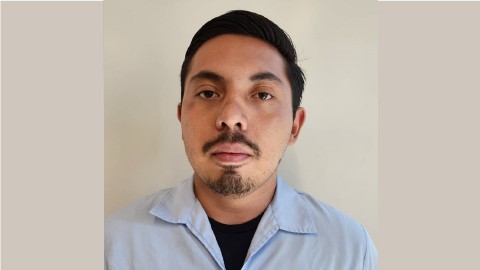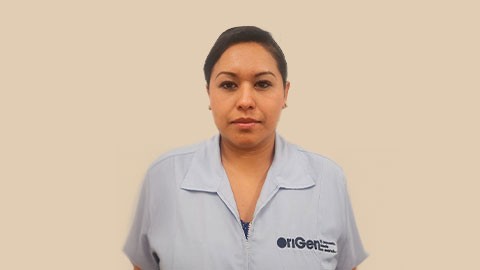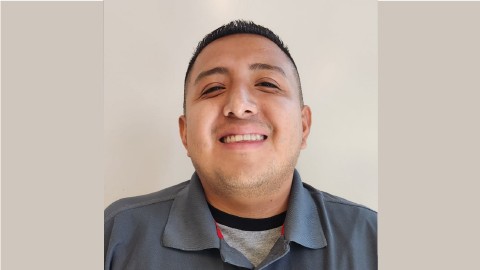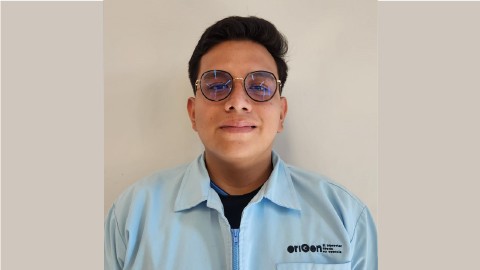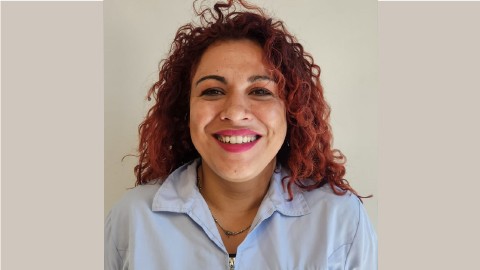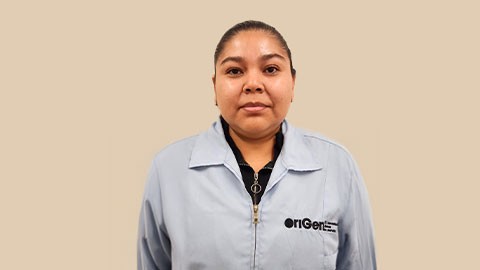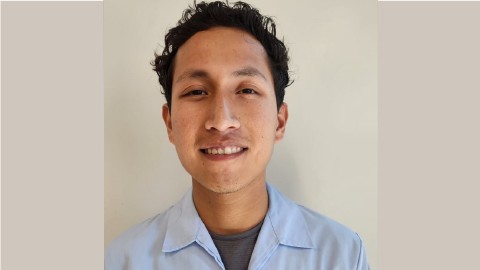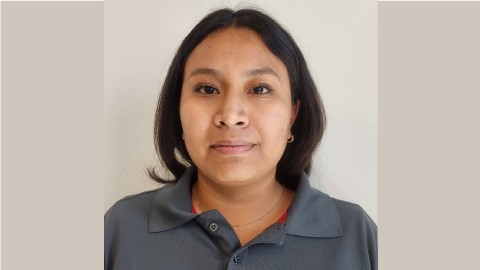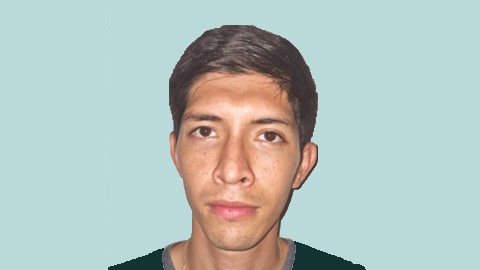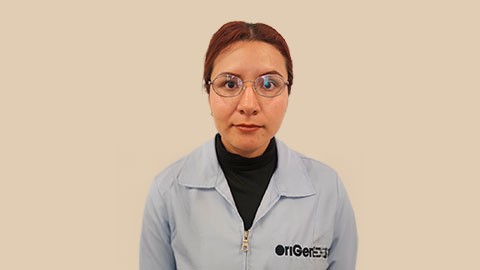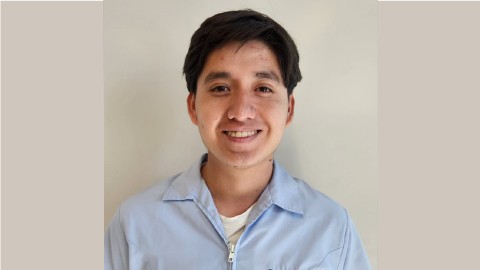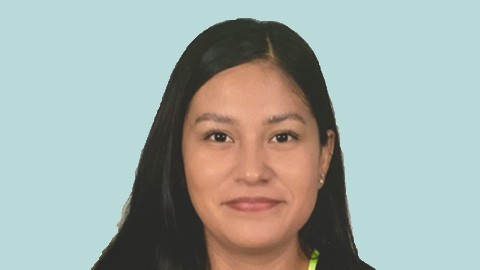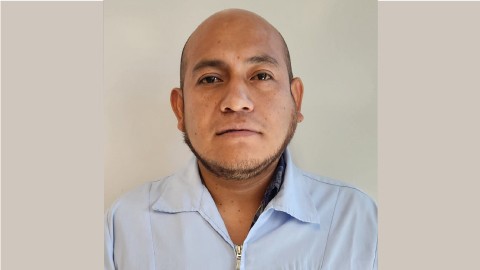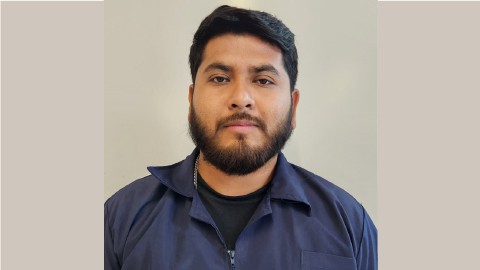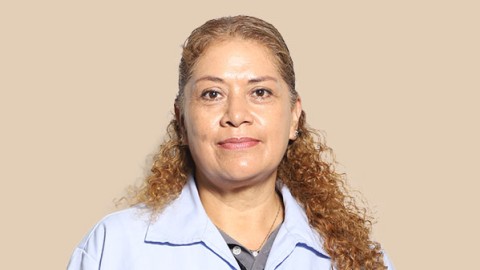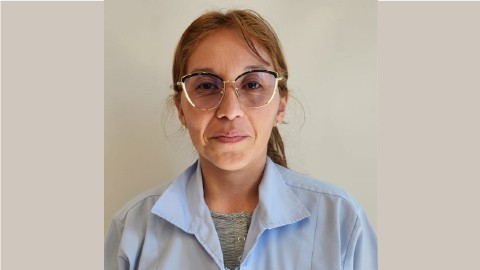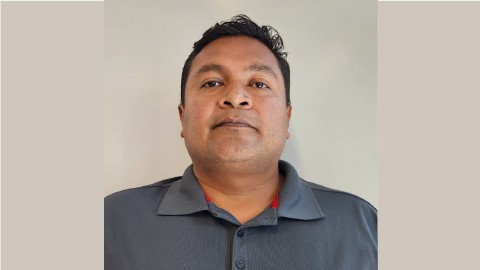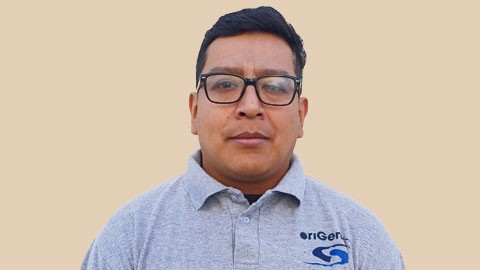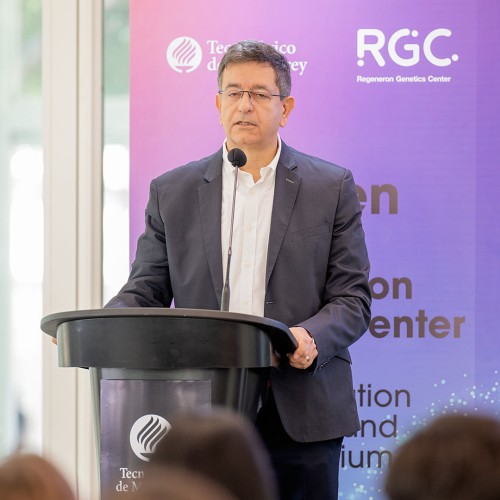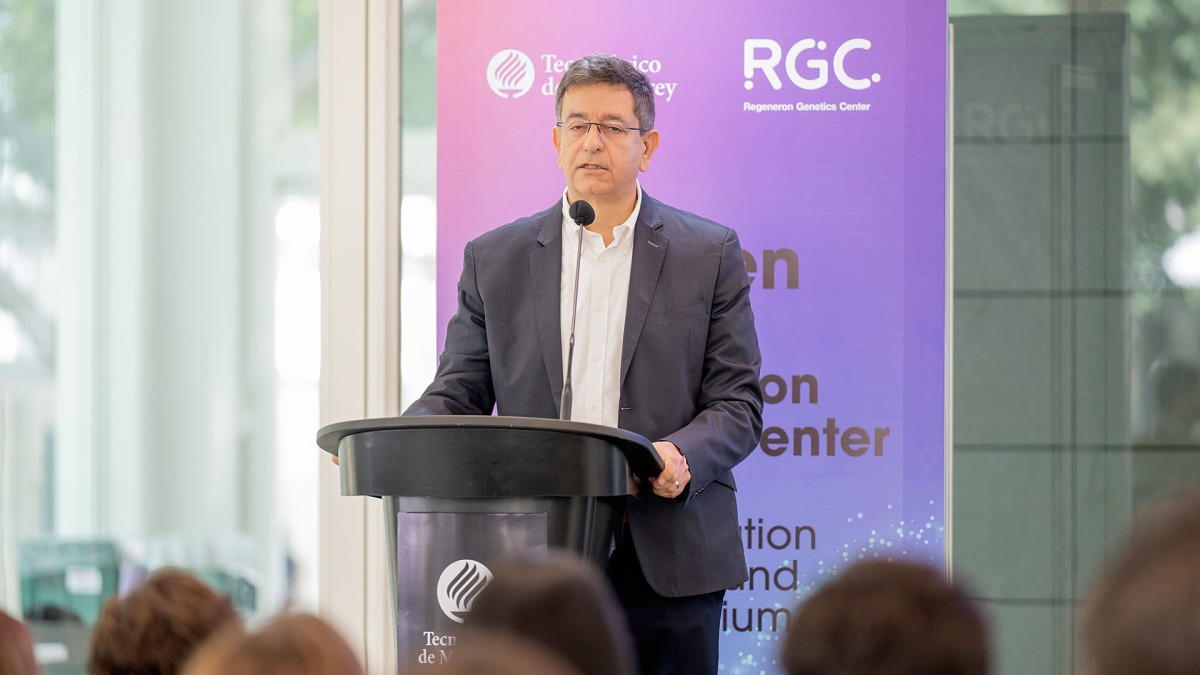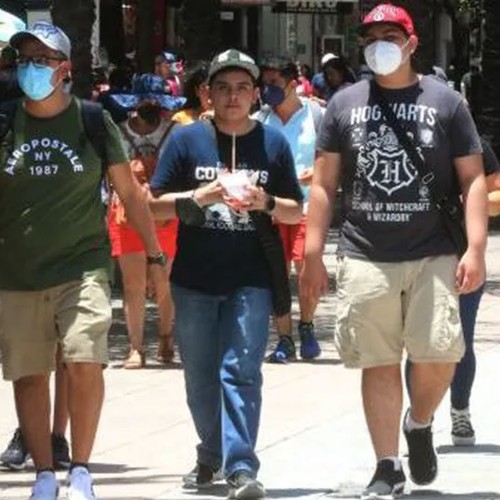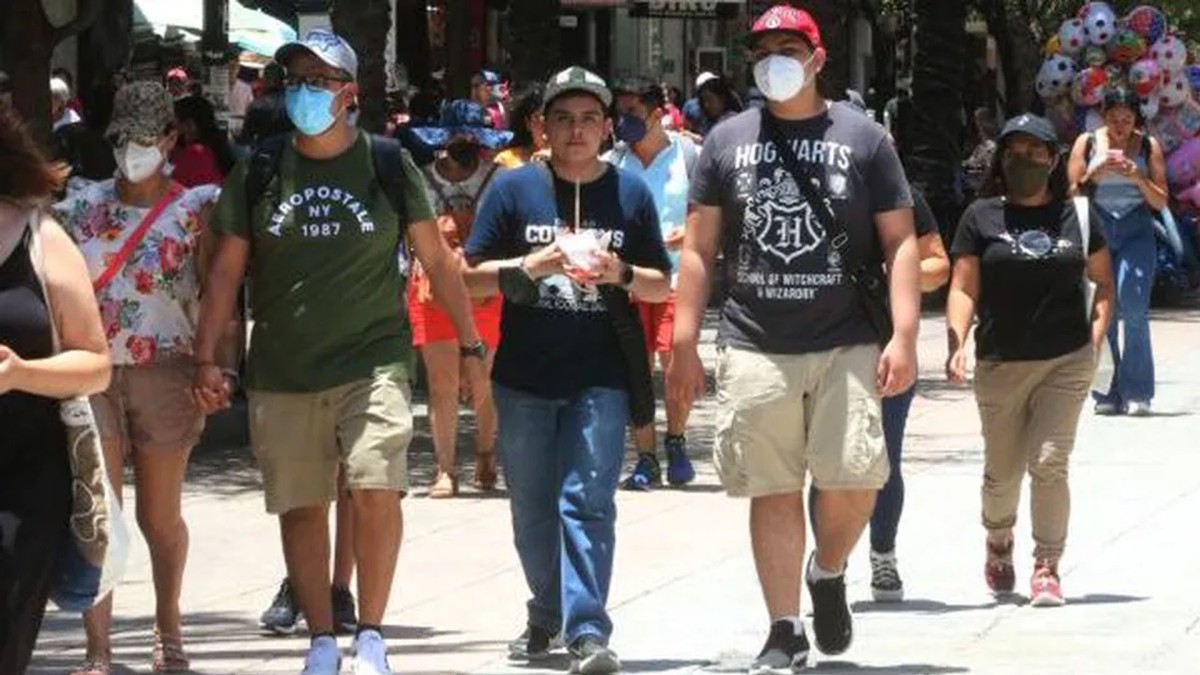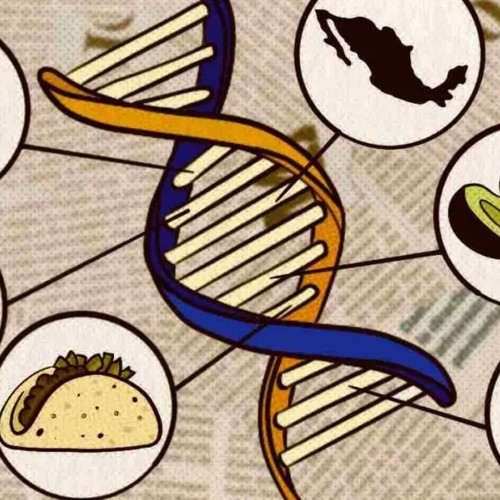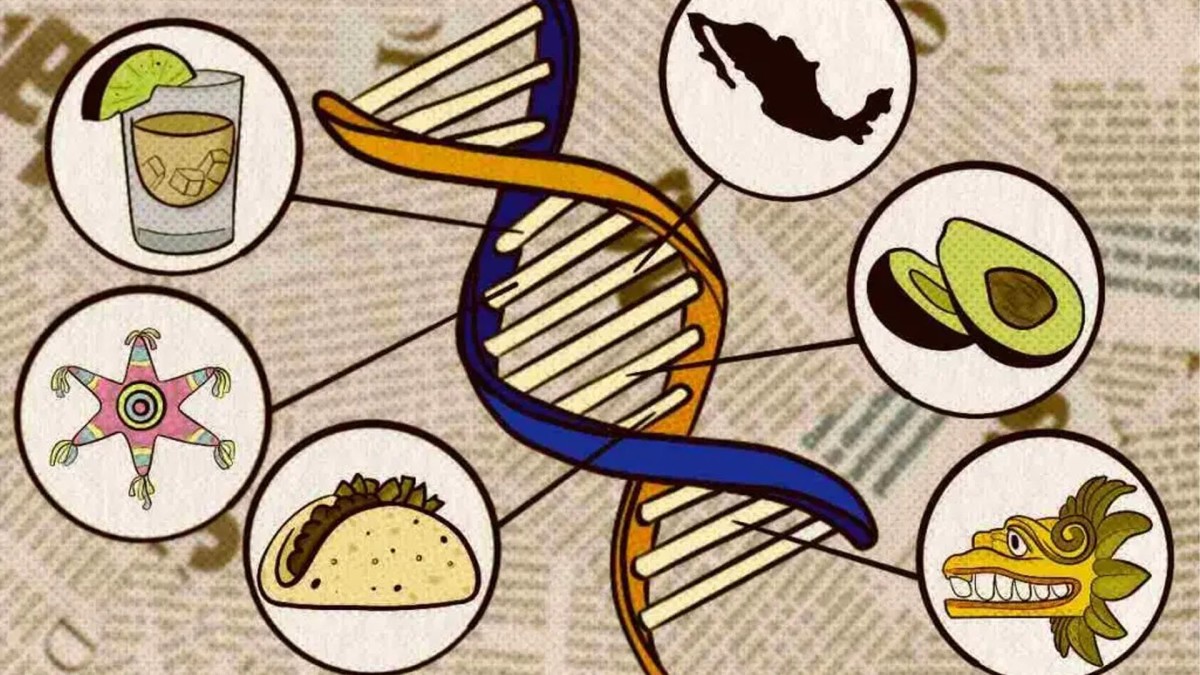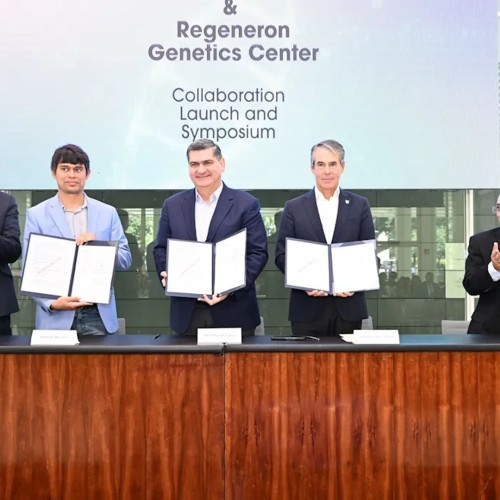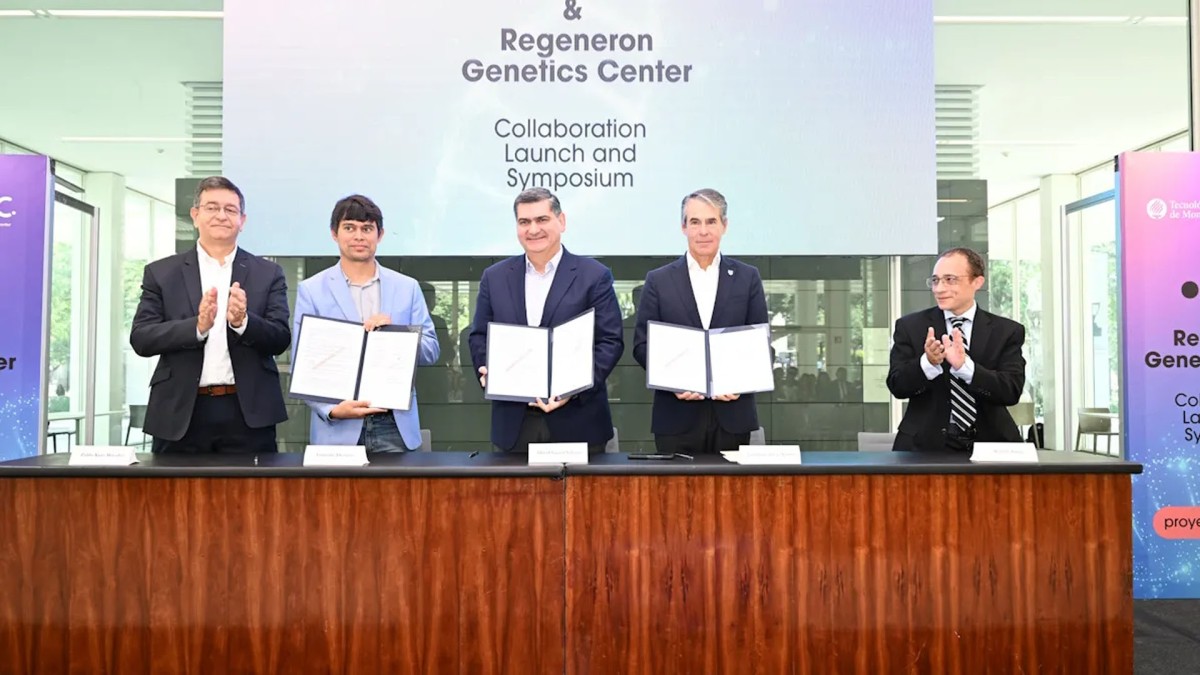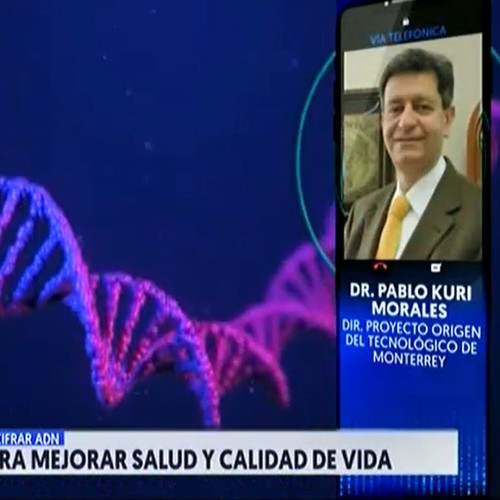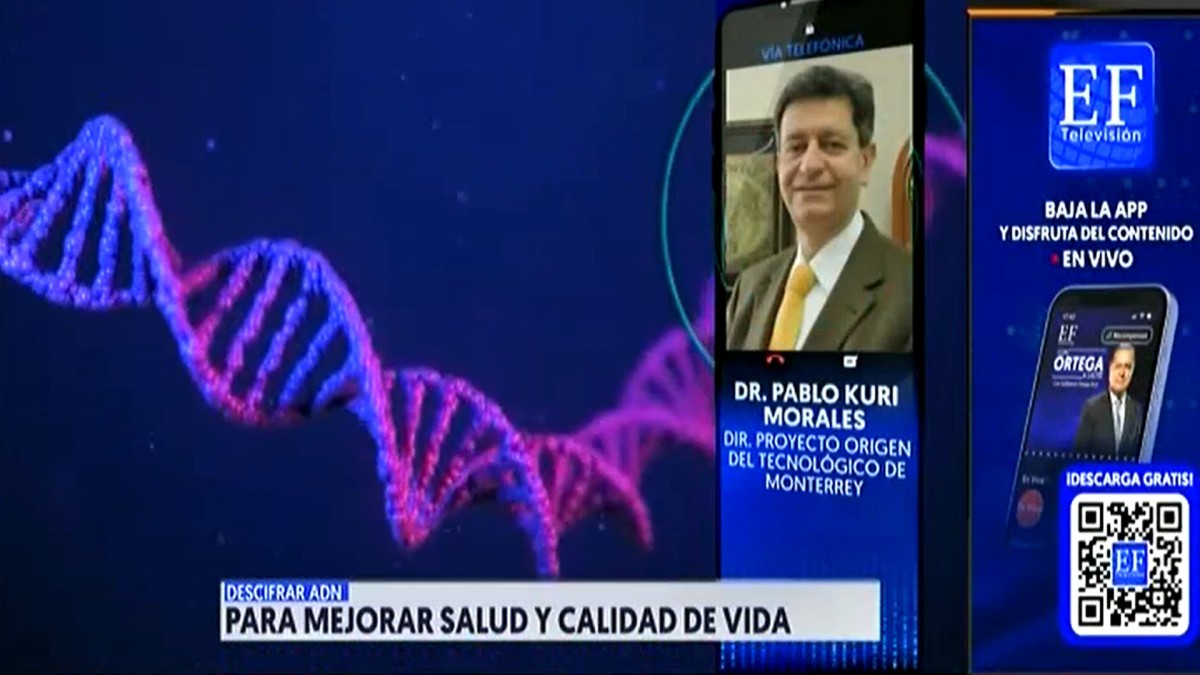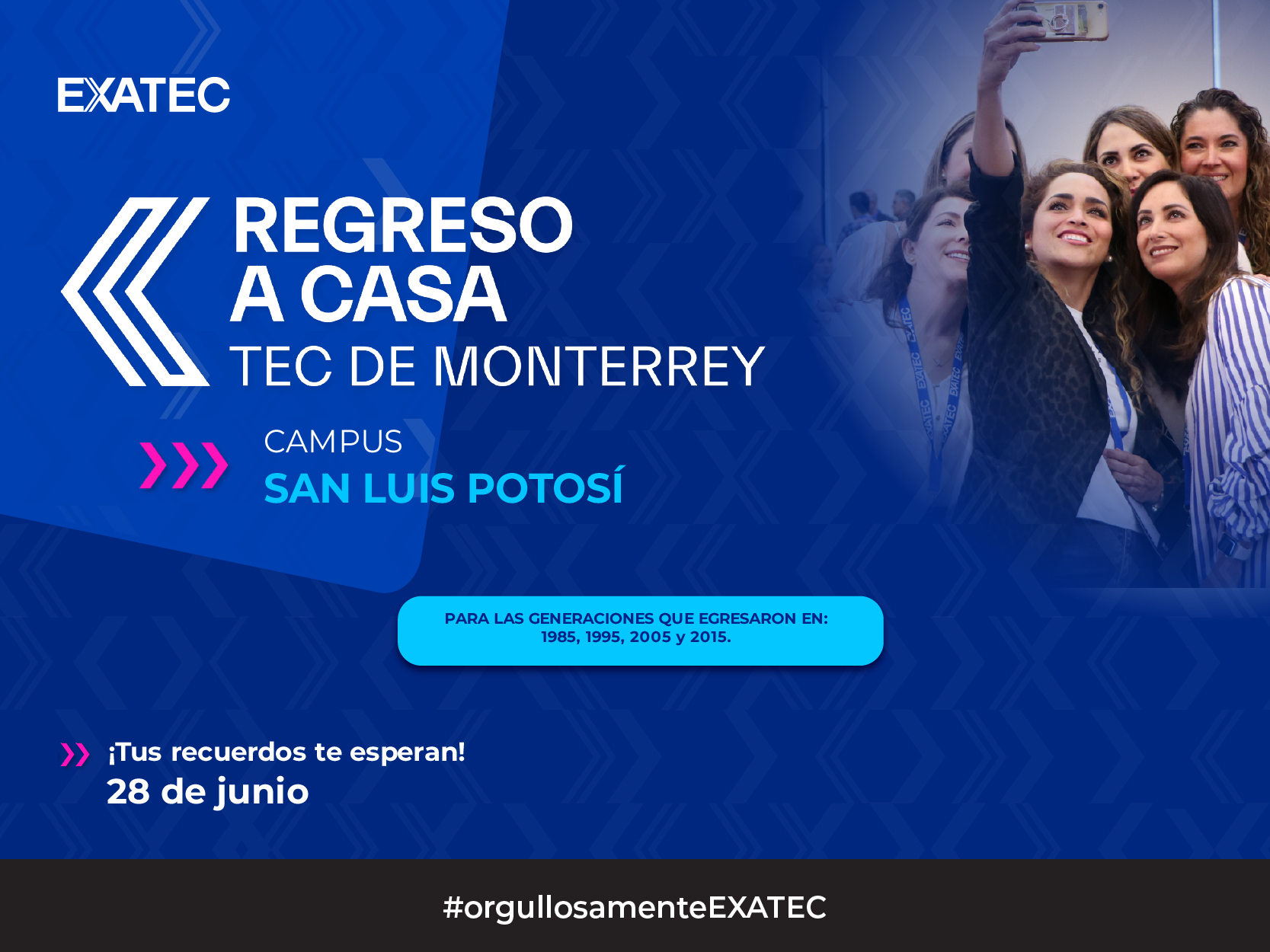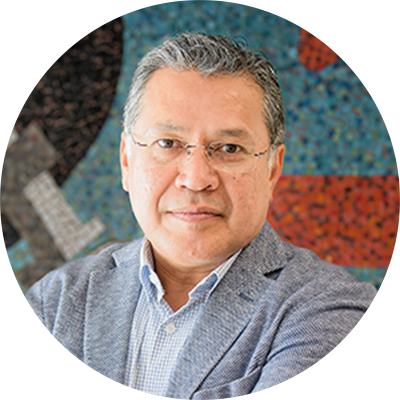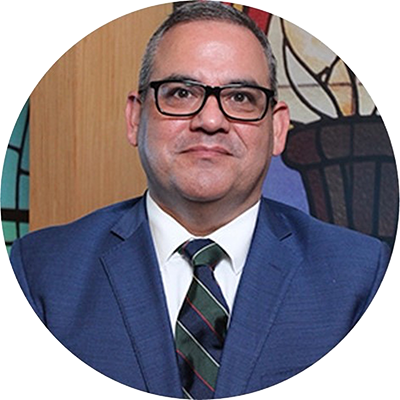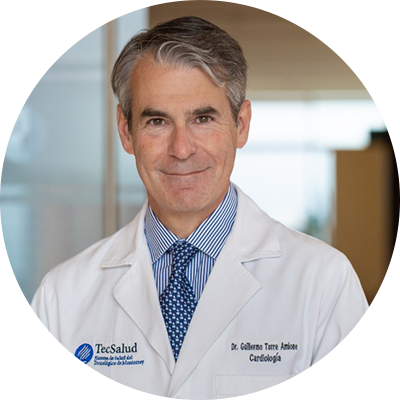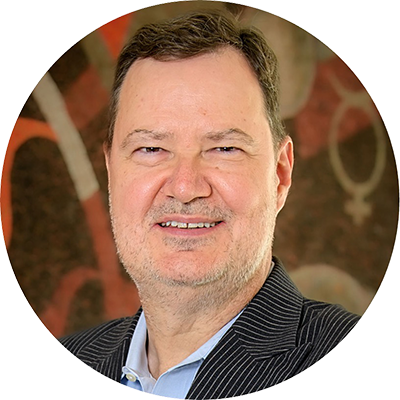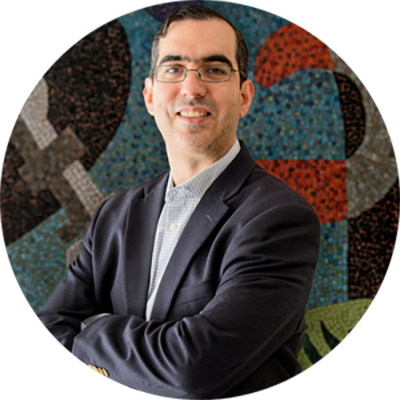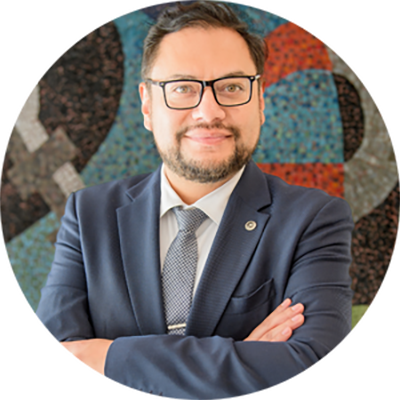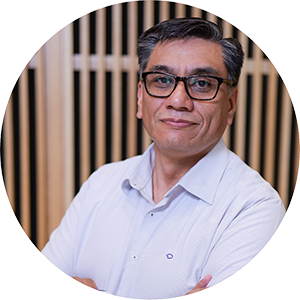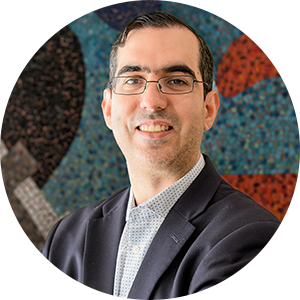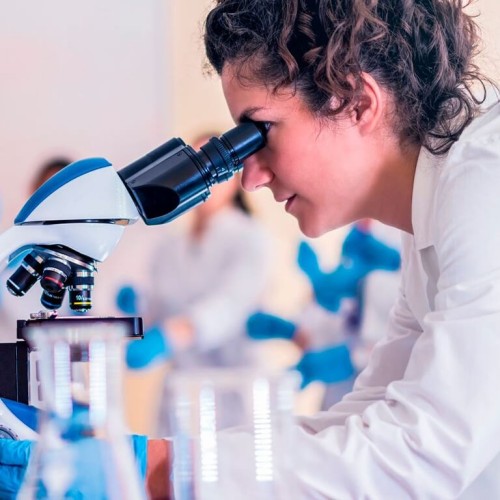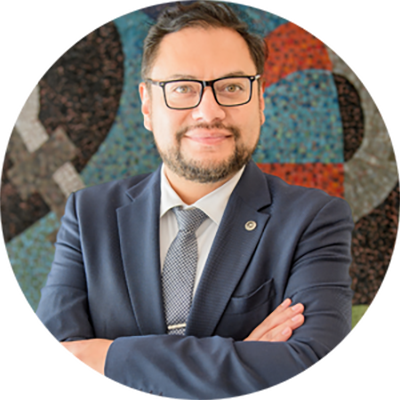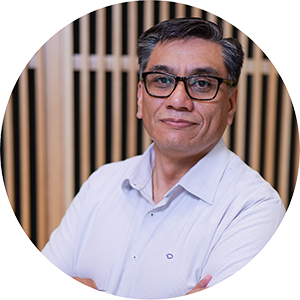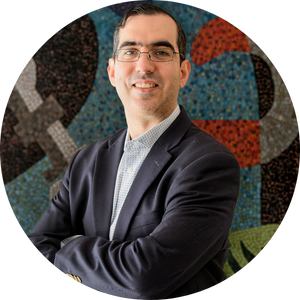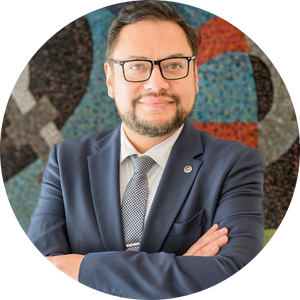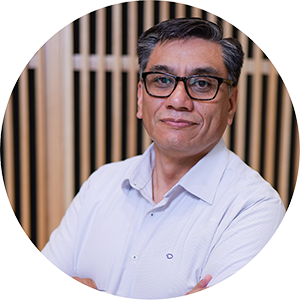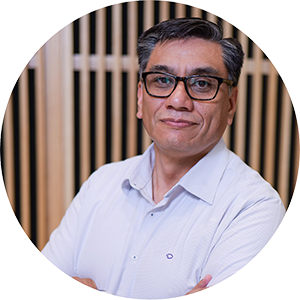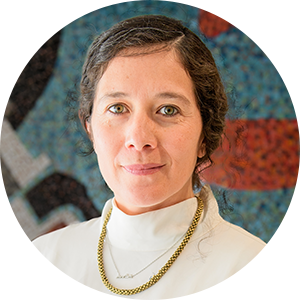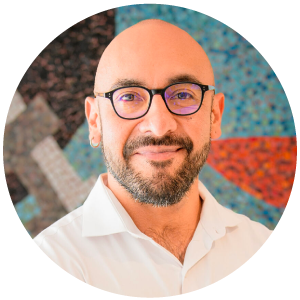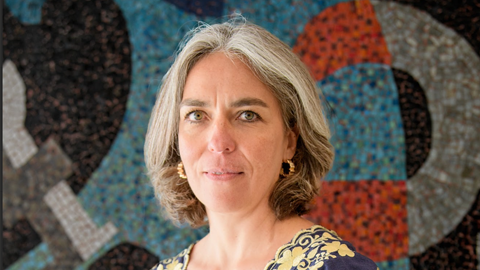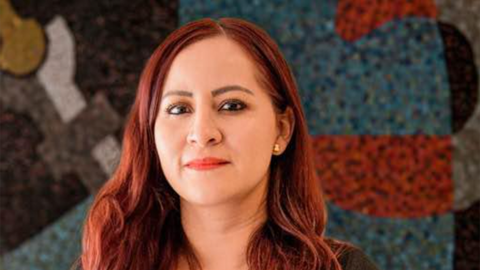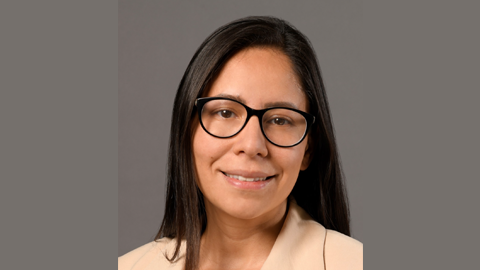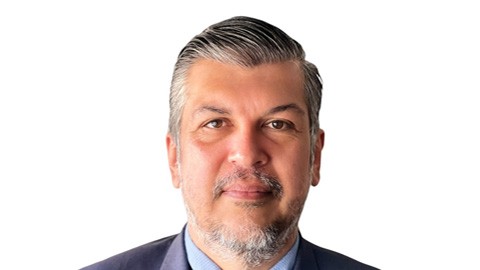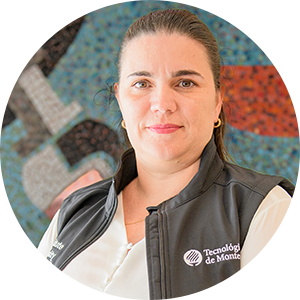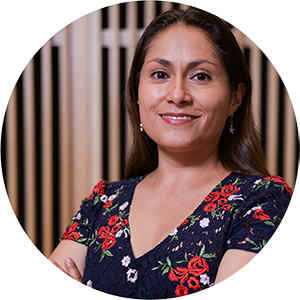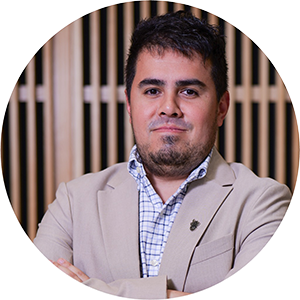Acreditaciones
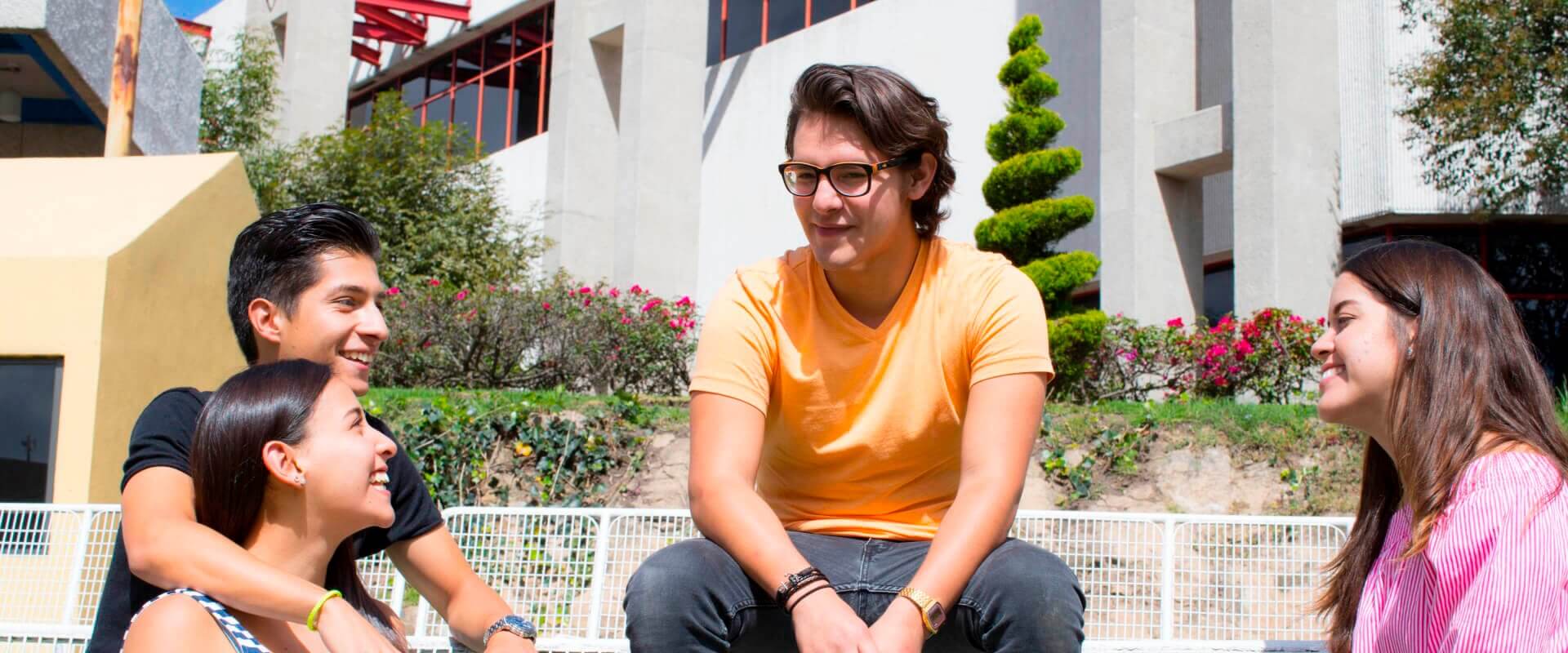
| Campus | Programs | PO and LO | Student Enrollment - 2024 Fall semester | Student Enrollment - 2025 Spring semester | Graduation data - 2024 Spring + Fall semester |
|---|---|---|---|---|---|
| Ciudad de México Program accredited by the Engineering Accreditation Commission of ABET,http://www.abet.org/. | B.S. Industrial Engineering with minor in Systems Engineering | IIS (11 & 19) | 130 | 183 | 42 |
| Ciudad de México Program accredited by the Engineering Accreditation Commission of ABET,http://www.abet.org/. | B.S. Mechanical Engineering Option E | IME | 0 | 0 | 3 |
| Ciudad de México Program accredited by the Engineering Accreditation Commission of ABET,http://www.abet.org/. | B.S. Mechatronics Engineering | IMT | 0 | 0 | 7 |
| Ciudad de México Program accredited by the Computing Accreditation Commission of ABET,http://www.abet.org/. | B.S. Computer Science and Technology | ITC | 2 | 1 | 9 |
| Santa Fe Program accredited by the Engineering Accreditation Commission of ABET,http://www.abet.org/. | B.S. Industrial Engineering with minor in Systems Engineering | IIS | 0 | 0 | 0 |
| Santa Fe Program accredited by the Computing Accreditation Commission of ABET,http://www.abet.org/. | B.S. Computer Science and Technology | ITC | 0 | 0 | 0 |
| Santa Fe Program accredited by the Engineering Accreditation Commission of ABET,http://www.abet.org/. | B.S. Mechatronics Engineering | IMT | 0 | 0 | 4 |
| Guadalajara Program accredited by the Engineering Accreditation Commission of ABET,http://www.abet.org/. | B.S. Industrial Engineering with minor in Systems Engineering | IIS | 1 | 0 | 0 |
| Guadalajara Program accredited by the Engineering Accreditation Commission of ABET,http://www.abet.org/. | B.S. Mechatronics Engineering | IMT | 1 | 0 | 3 |
| Estado de México Program accredited by the Engineering Accreditation Commission of ABET,http://www.abet.org/. | B.S. Mechanical Engineering Option E | IME | 0 | 0 | 2 |
| Estado de México Program accredited by the Engineering Accreditation Commission of ABET,http://www.abet.org/. | B.S. Mechatronics Engineering | IMT | 0 | 0 | 0 |
| Estado de México Program accredited by the Engineering Accreditation Commission of ABET,http://www.abet.org/. | B.S. Industrial Engineering with minor in Systems Engineering | IIS | 0 | 0 | 0 |
| Estado de México Program accredited by the Computing Accreditation Commission of ABET,http://www.abet.org/. | B.S. Computer Science and Technology | ITC | 0 | 0 | 0 |
| Morelia Program accredited by the Engineering Accreditation Commission of ABET,http://www.abet.org/. | B.S. Mechatronics Engineering | IMT | 0 | 0 | 2 |
| Monterrey Program accredited by the Engineering Accreditation Commission of ABET,http://www.abet.org/. | B.S. Mechatronics Engineering | IMT | 8 | 1 | 1 |
| Monterrey Program accredited by the Engineering Accreditation Commission of ABET,http://www.abet.org/. | B.S. in Biomedical Engineering | IMD | 3 | 0 | 1 |
| Monterrey Program accredited by the Engineering Accreditation Commission of ABET,http://www.abet.org/. | B.S. in Sustainable Development Engineering | IDS | 0 | 0 | 3 |
| Monterrey Program accredited by the Engineering Accreditation Commission of ABET,http://www.abet.org/. | B.S. Chemical Engineering Option A | IQA | 4 | 0 | 1 |
| Monterrey Program accredited by the Engineering Accreditation Commission of ABET,http://www.abet.org/. | B.S. Food Industry Engineering | IIA | 0 | 0 | 0 |
| Monterrey Program accredited by the Engineering Accreditation Commission of ABET,http://www.abet.org/. | B.S. Chemical Engineering Option S | IQP | 0 | 0 | 1 |
| Monterrey Program accredited by the Engineering Accreditation Commission of ABET,http://www.abet.org/. | B.S. Mechanical Engineering Option E / Mechanical Engineering | IME | 8 | 2 | 6 |
| Monterrey Program accredited by the Engineering Accreditation Commission of ABET,http://www.abet.org/. | B.S. Civil Engineering | IC | 0 | 0 | 9 |
| Monterrey Program accredited by the Engineering Accreditation Commission of ABET,http://www.abet.org/. | B.S. Industrial Engineering with minor in Systems Engineering | IIS | 0 | 0 | 0 |
| Monterrey Program accredited by the Engineering Accreditation Commission of ABET,http://www.abet.org/. | B.S. Mechanical Engineering Option A / Mechanical Engineering | IMA/IM | 10 | 6 | 13 |
| Monterrey Program accredited by the Engineering Accreditation Commission of ABET,http://www.abet.org/. | B.S. Biotechnology Engineering | IBT (11 y 17) | 1 | 0 | 1 |
| Monterrey Program accredited by the Engineering Accreditation Commission of ABET,http://www.abet.org/. | B.S. Digital Systems and Robotics Engineering | ISD | 6 | 2 | 1 |
| Monterrey Program accredited by the Computing Accreditation Commission of ABET,http://www.abet.org/. | B.S. Businesses Informatics | INT | 4 | 2 | 7 |
| Monterrey Program accredited by the Computing Accreditation Commission of ABET,http://www.abet.org/. | B.S. Computer Science and Technology | ITC | 7 | 5 | 17 |
| Querétaro Program accredited by the Engineering Accreditation Commission of ABET,http://www.abet.org/. | B.S. Mechanical Engineering Option A | IMA | 1 | 1 | 9 |
| Querétaro Program accredited by the Engineering Accreditation Commission of ABET,http://www.abet.org/. | B.S. Industrial Engineering with minor in Systems Engineering | IIS | 0 | 0 | 0 |
| Querétaro Program accredited by the Engineering Accreditation Commission of ABET,http://www.abet.org/. | B.S. Mechatronics Engineering | IMT | 8 | 5 | 15 |
| San Luis Potosí Program accredited by the Engineering Accreditation Commission of ABET,http://www.abet.org/. | B.S. Industrial Engineering with minor in Systems Engineering | IIS | 0 | 0 | 0 |
| Puebla Program accredited by the Computing Accreditation Commission of ABET, http://www.abet.org/, under the commission’s General Criteria and Program Criteria for Computer Science and Similarly Named Computing Programs. | B.S. Computer Science and Technology | ITC (11 & 19) | 92 | 146 | 29 |
| Puebla Program accredited by the Engineering Accreditation Commission of ABET, http://www.abet.org/, under the commission’s General Criteria and Program Criteria for Mechatronics, Robotics, and Similarly Named Engineering Programs. | B.S. Mechatronics Engineering | IMT | 118 | 144 | 68 |
| Puebla Program accredited by the Engineering Accreditation Commission of ABET, http://www.abet.org/, under the commission’s General Criteria and Program Criteria for Industrial and Similarly Named Engineering Programs. | B.S. Industrial Engineering with minor in Systems Engineering | IIS (11 & 19) | 94 | 118 | 28 |
Profesional
| Campus | Nombre del programa | Agencia |
|---|---|---|
| Aguascalientes | Ingeniería Industrial y de Sistemas | CACEI |
| Aguascalientes | Ingeniero en Mecatrónica | CACEI |
| Chihuahua | Ingeniero en Mecatrónica | CACEI |
| Ciudad de México | Ingeniero en Mecatrónica | CACEI |
| Ciudad de México | Ingeniero Biomédico | CACEI |
| Ciudad de México | Ingeniero en Biotecnología | CACEI |
| Ciudad de México | Ingeniero en Desarrollo Sustentable | CACEI |
| Ciudad de México | Ingeniero en Tecnologías Computacionales | CACEI |
| Ciudad de México | Ingeniero Industrial y de Sistemas | CACEI |
| Ciudad de México | Médico Cirujano | COMAEM |
| Ciudad de México | Licenciatura en Nutrición y Bienestar Integral | CONCAPREN |
| Ciudad de México | Licenciatura en Psicología Clínica y de la Salud | CNEIP |
| Ciudad de México | Arquitectura | ANPADEH |
| Estado de México | Ingeniería en Biotecnología | CACEI |
| Estado de México | Ingeniería Industrial y de Sistemas | CACEI |
| Estado de México | Ingeniero en Mecatrónica | CACEI |
| Estado de México | Licenciatura en Comunicación y Medios Digitales | ACCECISO |
| Estado de México | Ingeniero en Biotecnología | CACEI |
| Estado de México | Ingeniero Industrial y de Sistemas | CACEI |
| Guadalajara | Ingeniería Biomédica | CACEI |
| Guadalajara | Ingeniero Civil | CACEI |
| Guadalajara | Ingeniería en Biotecnología | CACEI |
| Guadalajara | Ingeniero en Mecatrónica | CACEI |
| Guadalajara | Ingeniería Industrial y de Sistemas | CACEI |
| Guadalajara | Ingeniero en Tecnologías Computacionales | CACEI |
| Guadalajara | Ingeniero en Biotecnología | CACEI |
| Guadalajara | Ingeniero Industrial y de Sistemas | CACEI |
| Guadalajara | Licenciatura en Nutrición y Bienestar Integral | CONCAPREN |
| Guadalajara | Licenciatura en Psicología Clínica y de la Salud | CNEIP |
| Guadalajara | Médico Cirujano | COMAEM |
| Laguna | Ingeniero en Mecatrónica | CACEI |
| Laguna | Ingeniero Industrial y de Sistemas | CACEI |
| Laguna | Ingeniería Industrial y de Sistemas | CACEI |
| León | Ingeniería Industrial y de Sistemas | CACEI |
| León | Ingeniero Industrial y de Sistemas | CACEI |
| León | Ingeniero en Mecatrónica | CACEI |
| Michoacán | Ingeniero en Mecatrónica | CACEI |
| Monterrey | Ingeniería en Nanotecnología y Ciencias Químicas | CACEI |
| Monterrey | Ingeniería Industrial y de Sistemas | CACEI |
| Monterrey | Ingeniero Biomédico | CACEI |
| Monterrey | Ingeniero Civil | CACEI |
| Monterrey | Ingeniero en Biotecnología | CACEI |
| Monterrey | Ingeniero en Desarrollo Sustentable | CACEI |
| Monterrey | Ingeniero en Innovación y Desarrollo | CACEI |
| Monterrey | Ingeniero en Mecatrónica | CACEI |
| Monterrey | Ingeniero en Tecnologías Computacionales | CACEI |
| Monterrey | Ingeniero Físico Industrial | CACEI |
| Monterrey | Licenciatura en Periodismo | ACEJMC |
| Monterrey | Licenciatura en Comunicación y Medios Digitales | ACEJMC |
| Monterrey | Licenciatura en Nutrición y Bienestar Integral | CONCAPREN |
| Monterrey | Médico Cirujano | COMAEM |
| Monterrey | Ingeniero Industrial y de Sistemas | CACEI |
| Monterrey | Ingeniero Químico | CACEI |
| Monterrey | Licenciatura en Psicología Clínica y de la Salud | CNEIP |
| Monterrey | Médico Odontólogo | CONAEDO |
| Puebla | Ingeniero en Mecatrónica | CACEI |
| Puebla | Ingeniero en Tecnologías Computacionales | CACEI |
| Puebla | Ingeniero en Biotecnología | CACEI |
| Puebla | Ingeniero Civil | CACEI |
| Puebla | Ingeniero Industrial y de Sistemas | CACEI |
| Querétaro | Ingeniero Industrial y de Sistemas | CACEI |
| Querétaro | Ingeniero Mecánico Administrador | CACEI |
| Saltillo | Ingeniero Industrial y de Sistemas | CACEI |
| Saltillo | Ingeniero en Mecatrónica | CACEI |
| Sonora Norte | Ingeniero en Mecatrónica | CACEI |
| Sonora Norte | Arquitectura | ANPADEH |
Nomenclature for International Agencies:
ACEJMC - Accrediting Council on Education in Journalism and Mass Communications
ABET - Accreditor of college and university programs in applied and natural science, computing, engineering, and engineering technology
AACSB - Association to Advance Collegiate Schools of Business
CLAEP - Consejo Latinoamericano de Acreditación de la Educación en Periodismo
IFT - Institute of Food Techonologists
NASAD - National Association of Schools of Art and Design
Nomenclature for National Agencies:
ACCECISO - Asociación para la Acreditación y Certificación de Ciencias Sociales
ANPADEH - Acreditadora Nacional de Programas de Arquitectura y Disciplinas del Espacio Habitable
CACECA - Consejo de Acreditación en la Enseñanza de la Contaduría y Administración
CACEI - Consejo de Acreditación de la Enseñanza de la Ingeniería
CIEES - Comités Interinstitucionales para la Evaluación de la Educación Superior
CNEIP - Consejo de Acreditación para la Enseñanza e Investigación en Psicología
COMAEM - Consejo Mexicano para la Acreditación de la Educación Médica
COMAPROD - Consejo Mexicano para la Acreditación de Programas de Diseño
COMEAA - Comité Mexicano de Acreditación de la Educación Agronómica
CONACE - Consejo Nacional para la Acreditación de la Ciencia Económica
CONAED - Consejo para la Acreditación de la Enseñanza del Derecho
CONAIC - Consejo Nacional de Acreditación en Informática y Computación
CONFEDE - Consejo Nacional para la Acreditación de la Educación Superior en Derecho

